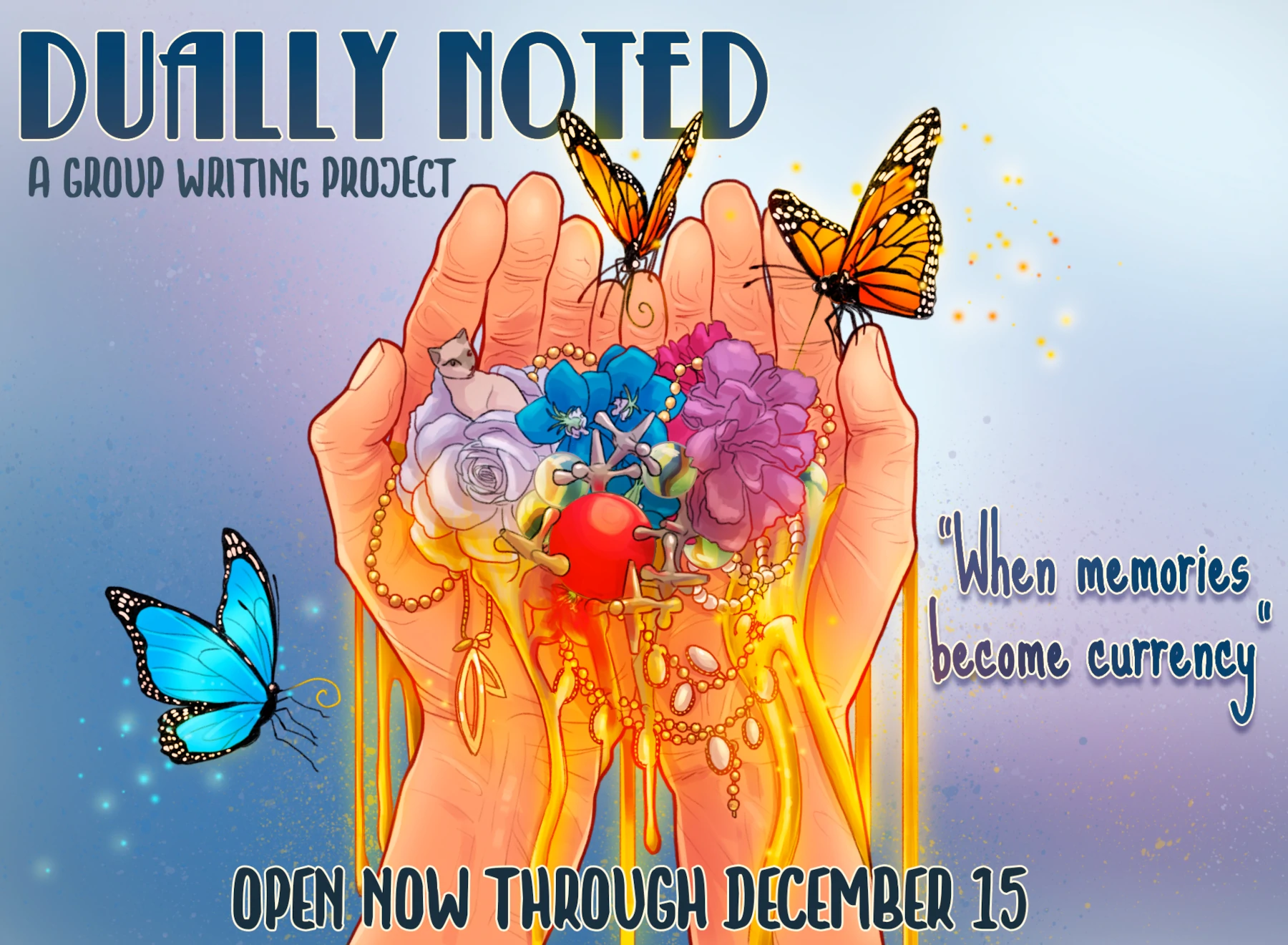
Proof That You are Successful
She auctioned away one of her favorite memories on Instagram for a profit of 10,000 memory credits—a substantial sum. The memory had been of a reception for content creators, and she’d pitched it well. It felt like a royal ball, she said on Instagram Live. If you’ve ever wondered what a celebrity gala is like, this memory is for you. She timed the auction well, too—on the heels of the Met Gala, when people were frenzied over designer outfits and the parade of social wealth.
At the auction’s close, she launched the application linked to her memory harvesting implant. She selected the memory, which she’d titled PROOF THAT YOU ARE SUCCESSFUL, and sent it via link to the winner, who would download it to their implant.
She felt the shape of the memory’s absence, but the filling was gone—like a cavity’s rot being sucked out of a tooth, leaving behind an empty chamber. Panic, a side effect of the procedure, welled up in its place.
She looked at her phone’s screen to anchor herself. The wallpaper was a vision board, a collage of images surrounding the name Natalie. It didn’t matter who Natalie was, except that she was determined to become Natalie.
Surrounding the name were images representing Natalie’s memories: a condo in Malibu, the ocean a turquoise gem; the manicured slope of Canadian ski resort; a Mercedes with paint so glossy it was June-bug-iridescent; toasting wine glasses, women’s smiles blurred above. Natalie was wealth, Natalie was joy, Natalie was life at its finest.
And she was determined to buy memories like Natalie’s with the profits made from her drab memories.
But she didn’t have enough credits to acquire memories as expensive as these, to transform her brain into Natalie’s. She must keep selling. Perhaps even her own worst
memories—her parents’ divorce, her car breaking down in the snow, blocking her now-ex partner for the last time—could be twisted into something enticing. My dad said WHAT to my mom? Win the auction to find out! Survival tips you NEED from someone who escaped death in subzero temperatures. The Saga of a Psycho Ex.
She filmed a video thanking today’s winner, which took two attempts to get the background right—a clean white wall with succulents arcing overhead. Her followers often asked where she’d gotten the plants and their chic wooden baskets. She never replied. She filmed her videos on the bathroom floor, phone propped on the toilet. The succulent wall was a posterboard. Her followers did not need to know this, because soon she would be Natalie. Soon, she would have a filming room and a real succulent wall.
The emptiness where the memory she’d sold was caving in, becoming less raw. The pain, the panic of it, always faded. She turned to the harvesting app, scrolling through her memories, searching for her next extraction. One day—when she could afford memories of gemstone waves and friends’ parties—this would all be worth it.